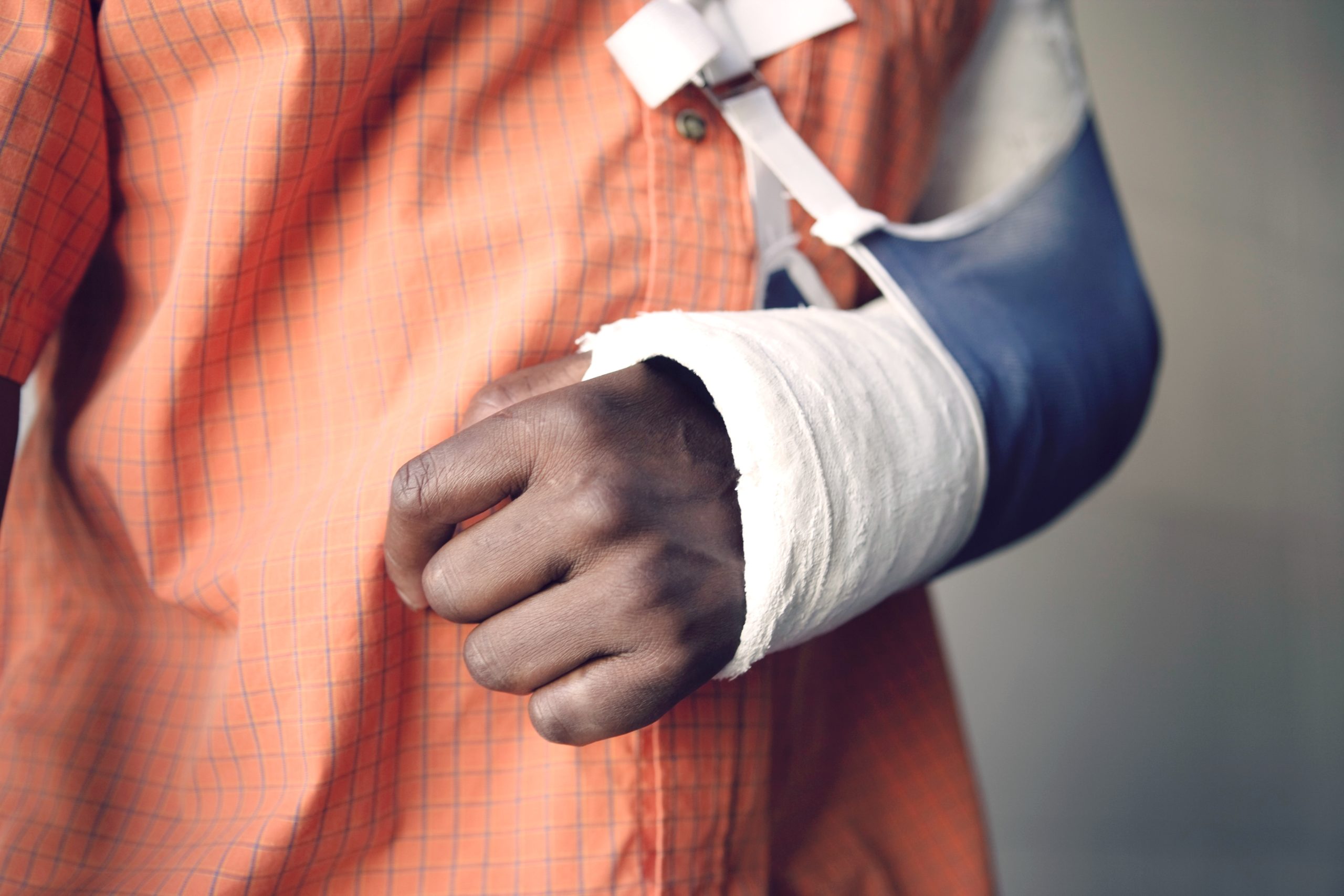Every day in the UK people suffer from injuries resulting from accidents that were not their fault. These include car accidents, trips, slips and falls in public places, accidents at work and on holiday amongst a few.
In certain circumstances you would be entitled to make a claim for compensation for pain, suffering and loss of amenity resulting from the injury along with any financial losses incurred as a result.
During a quick telephone call with our Personal Injury Team at Lamb Brooks, one of our experts will be able to tell you if you have a valid case and how much compensation you are likely to receive.
Factors that will be taken into account when assessing your claim for personal injury:
1. Medical Treatment
If your injuries required medical attention, such as stitches, x-rays, surgery, overnight observation, a prescription or any other medical procedures then your injuries are likely to be serious enough to make a claim. The cost of future medical care or treatment, such as physiotherapy or counselling can be recovered as part of your claim provided that it is supported by medical opinion.
It is important that you document any medical appointments or procedures and retain receipts in relation to any expenditure.
2. Time Off Work
If you had to take time off work whilst you recovered from your injuries or were unable to carry out your day-to-day work as a result of your injuries, then you may have a claim for loss of earnings whether this is because your employer has not paid for your extended sick pay or you are self-employed and your ability to work has lost you income. Unpaid time off to attend medical appointments can also be recovered as part of your claim.
3. Clear and Obvious Negligence
Faulty equipment, a slippery surface with no warning signs, a loose drain cover or a drink driver can all result in accidents involving personal injury. Sometimes things are not straightforward, for example, an accident at work may occur due to inadequate health and safety procedures and this is where the experience of a good litigator comes into play to help secure your claim.

4. Evidence
The more evidence and documentation you have in support of your claim, the more likely your claim will succeed. Photographs of the scene of the accident or of the injuries sustained along with eye witnesses, police reports, accident logs and medical reports will all assist in securing a positive outcome.
5. No Jepardising of your Claim
Your conduct at the time of the accident and thereafter can jeopardise your claim. For example, following health and safety protocol, attended training and wearing protective equipment in the workplace would support a claim if you went on to sustain injury however if an employee did not comply with health and safety measures and then sustained an injury in the workplace, then this could jeopardise any claim being made. Getting prompt medical care and following doctor’s recommendations will also help strengthen your personal injury claim.
6. Accident Occurred within the Last 3 Years
There are strict time limitations when it comes to making a claim for personal injury. To verge on the side of caution it is best to start your claim as soon as possible to ensure that you do not run out of time.
If you or someone you know has suffered injuries as a result of an incident that was not their fault and you are looking for justice then please speak to our expert Personal Injury Team today to start the ball rolling with a claim. You can call our office on 01256 844888, email enquiries@lambbrooks.com or speak to our Online Chat Assistant who is available 24/7.
We work on a ‘No Win, No Fee’ basis and seek to obtain the maximum levels of compensation for our clients.
The contents of this article are for the purposes of general awareness only. They do not purport to constitute legal or professional advice. The law may have changed since this article was published. Readers should not act on the basis of the information included and should take appropriate professional advice upon their own particular circumstances.
